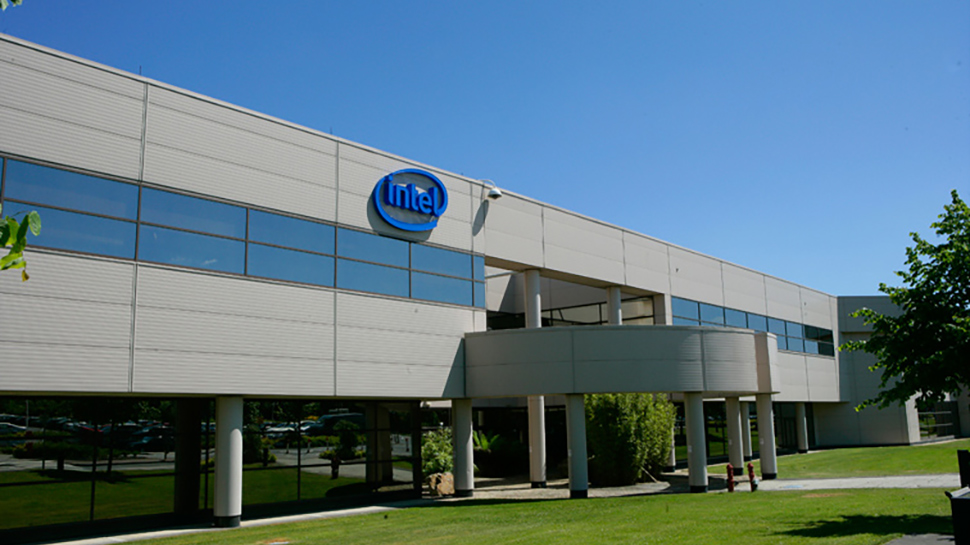
Intel is in a critical phase of its 56-year history: The chipmaker is reconsidering ongoing fab projects and evaluating various strategic options, including possibly splitting the company into a product and production company, Bloomberg reports. It is not the first time rumors of a spinoff of Intel's manufacturing arm have arisen — but with the company facing significant financial strains, such chatter looks dramatic.
Among the options on the table is the potential separation or sale of Intel's foundry business, which has bled billions of dollars in recent quarters. For example, in the second quarter, the Intel Foundry unit reported a loss of $2.8 billion. Consequently, Intel reported a net loss of $1.61 billion last quarter, and analysts forecast continued losses over the next year.
The Intel Foundry unit, which makes chips for Intel itself and external customers, is a vital part of Pat Gelsinger's strategy to reinvent Intel and make it a strong competitor for fabless chip companies like AMD and Nvidia and contract semiconductor makers like TSMC and Samsung Foundry. However, Intel Foundry has failed to land substantial orders from outside customers. Therefore, it remains heavily reliant on Intel as its primary client, raising concerns about its sustainability.
Intel reportedly seeks guidance from investment banks Morgan Stanley and Goldman Sachs as it faces significant financial and operational challenges. The urgency for these discussions intensified following a disappointing earnings report that led to Intel's stock dropping to its lowest level in over a decade. The company's shares have plummeted by 60% this year, sharply contrasting with a 20% gain in the Philadelphia semiconductor index.
After reporting a massive $1.6 billion, Intel has had to make tough financial and operational decisions. The company began slashing jobs with plans to eliminate around 15,000 positions. Also, the company recently suspended its dividend. Some analysts expect Intel to cut its capital expenditures substantially over the next year. Those capital expenditures are generally investments into new production capacities.
Because Intel's manufacturing unit is the only division of Intel that makes substantial losses primarily due to heavy investments, it is hard to imagine that the company could IPO this unit any time soon. This does not mean it cannot spin it off AMD 2008-style when the company partly sold its manufacturing arm to a sovereign fund to establish GlobalFoundries. Another question is whether private equity or sovereign funds will be interested in buying a money-bleeding unit with uncertain perspectives on the foundry front.







